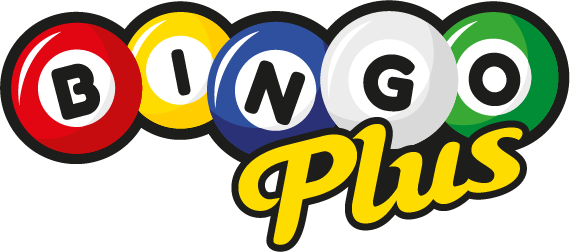In recent years, online gambling has transformed from a niche activity to a multi-billion-dollar global industry, making it easily accessible to millions of players worldwide. With just a few clicks, individuals can place bets on sports, play poker, or spin the reels of a virtual slot machine. While online gambling can provide entertainment and even financial gain, it also harbors a darker side—gambling addiction. This article aims to shed light on the implications of online gambling addiction, how to recognize its signs, and the strategies available to combat it.
The Allure of Online Gambling
Several factors contribute to the rapid rise of online gambling. The convenience of being able to gamble anytime and anywhere, the wide variety of games available, and the innovative use of technology create an engaging and sometimes addictive environment. Online platforms also employ persuasive marketing strategies, including bonuses, promotions, and loyalty programs that can entice players to gamble more than they initially intended.
For many, gambling begins as a form of entertainment—a casual way to pass the time. However, the immersive nature of online casinos and betting sites can quickly escalate into a compulsion, leading individuals down a precarious path.
Recognizing the Signs of Gambling Addiction
Recognizing the signs of gambling addiction is crucial for early intervention and support. Individuals may experience some or all of the following indicators:
-
Preoccupation: Constantly thinking about gambling, planning the next game, or remembering past gambling experiences.
-
Increasing Bets: Needing to wager larger amounts of money over time to achieve the same level of excitement.
-
Loss of Control: An inability to stop gambling, even when intending to quit or cut back.
-
Chasing Losses: Feeling compelled to gamble more to recover lost money, which can create a vicious cycle of debt and desperation.
-
Neglecting Responsibilities: Prioritizing gambling over work, school, or relationships, leading to neglect in these areas.
-
Emotional Distress: Experiencing anxiety, depression, or irritability related to gambling activities.
- Withdrawal Symptoms: Feeling restless or irritable when trying to cut back or stop gambling.
Understanding these signs can help individuals identify whether their gambling habits may warrant concern, prompting the need for support or intervention.
The Impact of Online Gambling Addiction
The consequences of online gambling addiction can be profound, extending beyond financial losses. Individuals may find themselves facing significant debt, leading to bankruptcy or legal troubles. Relationships can suffer as families and friendships fray under the weight of dishonesty, betrayal, and financial strain.
Mental health issues such as anxiety and depression are often correlated with gambling addiction. The emotional toll—stemming from stress, feelings of isolation, and low self-esteem—can exacerbate existing mental health conditions, creating a cycle that is difficult to escape.
Combating Online Gambling Addiction
Fortunately, there are strategies and resources available for individuals struggling with gambling addiction. Here are some effective approaches for combating this pervasive issue:
-
Self-Exclusion Programs: Many online gambling sites offer self-exclusion options, allowing users to voluntarily ban themselves from accessing their accounts for a specified duration.
-
Set Limits: Establishing strict limits on both time and money spent gambling can help maintain control. Online platforms often feature tools that allow players to set deposit limits, time limits, or even take breaks.
-
Seek Professional Help: Counseling or therapy can provide essential support and equip individuals with coping strategies. Cognitive Behavioral Therapy (CBT) has been particularly effective in treating gambling addiction.
-
Support Groups: Engaging with groups such as Gamblers Anonymous creates a sense of community and shared experience, reducing feelings of isolation and shame.
-
Educate Yourself and Others: Increasing awareness about the dangers of gambling and the signs of addiction can empower individuals to make informed decisions and seek help.
- Reach Out: If you suspect that someone you know may be struggling with gambling addiction, approach the subject with compassion and concern. Encouragement and emotional support can make a significant difference.
Conclusion
While online gambling can be a form of entertainment, it is crucial to recognize the darker side of this seemingly harmless activity—addiction. By understanding the signs, effects, and prevention strategies, individuals and communities can combat the growing issue of gambling addiction. It’s essential for anyone involved in online gambling to prioritize their mental and emotional well-being above all else, remembering that the risks associated with an uncontrolled urge to gamble can have lasting negative impacts. As technology continues to evolve, awareness, education, and access to resources will play pivotal roles in ensuring that online gambling remains a safe and enjoyable pastime rather than a perilous addiction.




